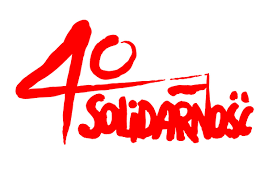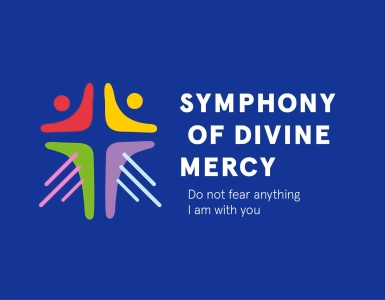The workers’ strike in Gdańsk in August 1980 marked modern history. Never has any social movement, labor rebellion or workers’ collective called itself “Solidarity”. The origins of this name should be seen in the colossal influence that had the first trip of John Paul II to Poland that took place a year before. And, if the crazy adventure of the Solidarity Union was above all political, ideological, economic, social, and cultural, it was also a powerful moral demonstration that brought together millions of followers, believers or not, in a system of values entirely based on human dignity, human rights, human primacy! For this reason, the struggle of Poles for “solidarity” had a universal dimension in the eyes of the Pope.
“In order to achieve social justice in the various parts of the world, in the various countries, and in the relationships between them, there is a need for new movements of solidarity of the workers and with the workers.”
John Paul II, encyclical “Laborem exerciseens”, September 1981
“Ladies and gentlemen, in addition to systems, regimes and ideologies, I propose to you a path, a path of solidarity in the world of work. Open and dynamic solidarity, the first and final criterion of which is the dignity of the human person”
John Paul II, speech for the International Labor Organization, Geneva, June 15, 1982
“Solidarity refuses to accept society in terms of struggle “against” and social relations as if opposition between classes. Solidarity, which begins and has its strength in the primacy of the human person, will create the tools of dialogue and consultation that resolve the opposition without seeking to destroy the adversary.”
John Paul II, speech for the International Labor Organization, Geneva, June 15, 1982
With the consent of Bernard Lecomte “The World according to John Paul II”; Tallandier 2018





